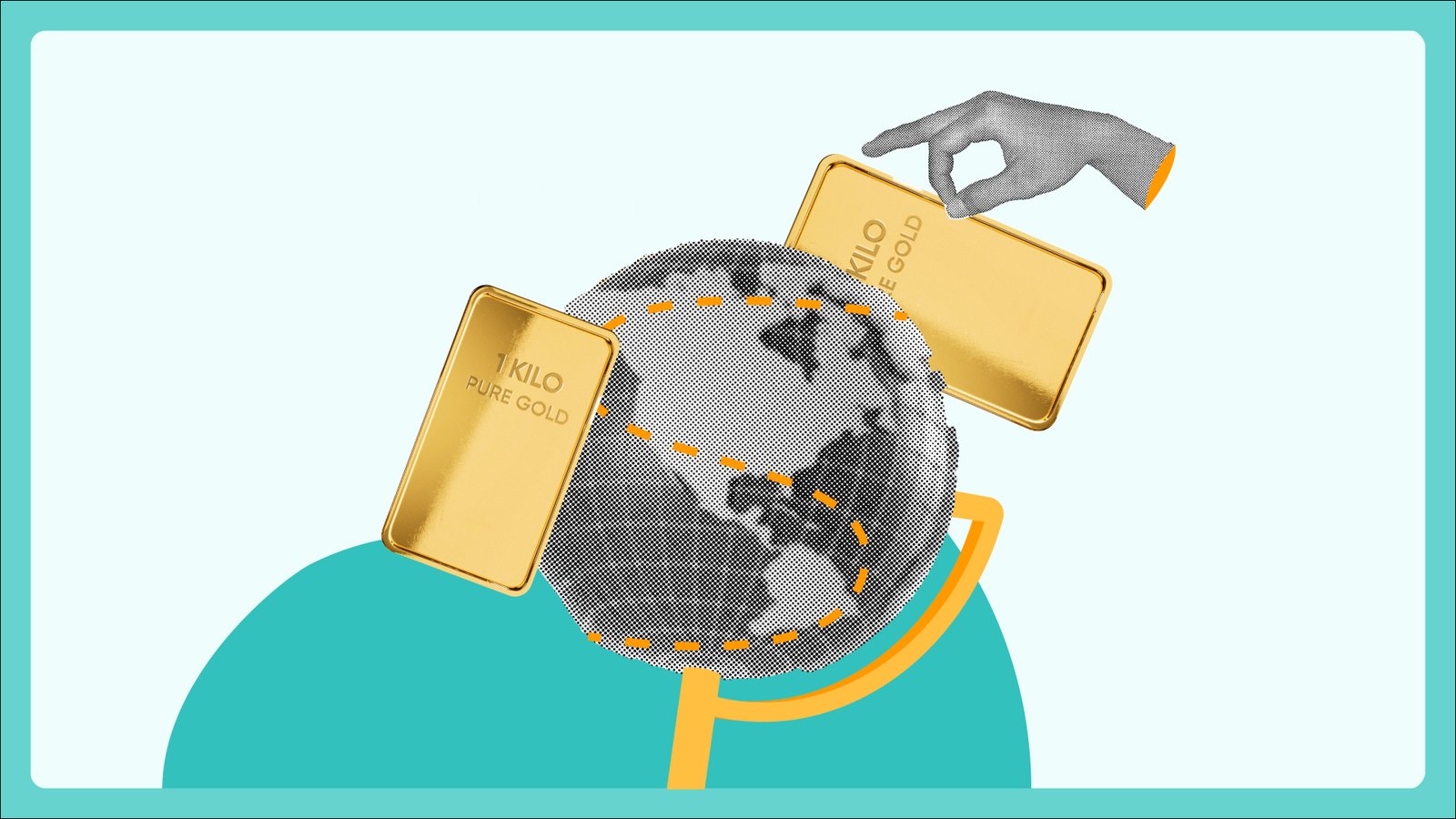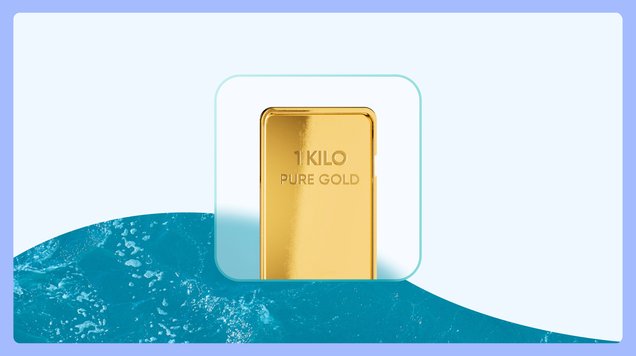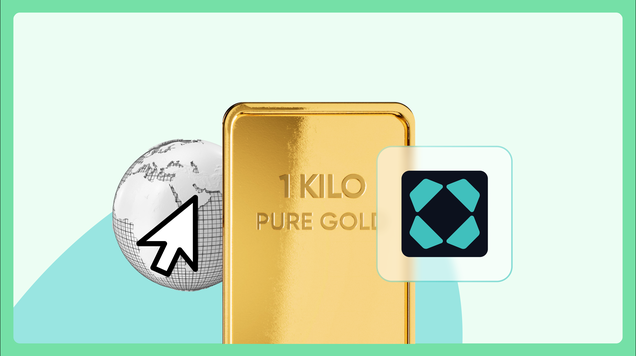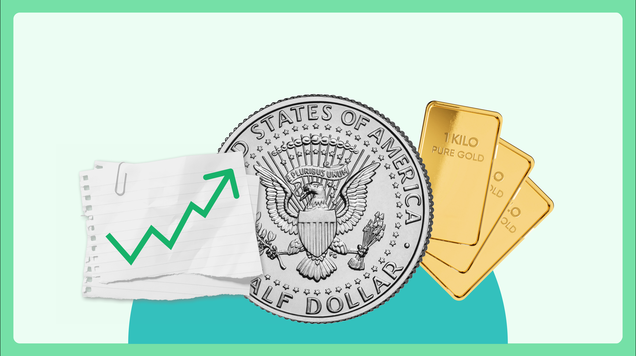Which country owns the most gold?
Central banks hold significant gold reserves, but some countries own more than others. Learn why gold is crucial and which country holds the most.

Central banks hold significant gold reserves, but some countries own more than others. Learn why gold is crucial and which country holds the most.
The US leads the world in gold reserves with 8,133.5 metric tonnes, using gold to strengthen its economic power.
Germany, Italy and France also hold significant gold reserves to safeguard their economies during uncertain times.
The IMF, Russia and China are increasing their gold holdings to enhance financial security and reduce reliance on the US dollar.
Why do central banks own gold?
Gold is a key asset for central banks, valued for its ability to provide financial stability. In uncertain times, gold is considered as a safe-haven asset and it serves as a hedge against inflation, currency devaluation and economic volatility. Because of this, central banks hold a lot of gold, making up about one-fifth of all the gold that has ever been mined.
By holding gold reserves, central banks can diversify their assets and protect their countries from the risks of global financial instability. Unlike paper currencies or other assets, gold’s intrinsic value is relatively stable, which is why many nations keep a significant portion of their reserves in gold.
In addition to serving as a store of value, gold is highly liquid, making it easy to sell or trade when needed to support economic stability. This makes gold a cornerstone of central banks’ strategies to safeguard national wealth, especially in times of crisis.
The US dominates global gold holdings
With global economic uncertainty on the rise, the countries holding the largest gold reserves are gaining attention for their strategic financial stability and ability to navigate currency fluctuations.
When it comes to gold reserves, the United States is the clear leader, holding a massive 8,133.5 metric tonnes of gold, valued at $628 billion . This makes up around 79% of the country’s total reserves (Accessed 3 April 2025: Gold Reserves by Country | World Gold Council). The US government relies on this vast gold reserve to strengthen its economic position and to protect against global financial uncertainties.
Gold has played a key role in US history, particularly during the gold standard era when the dollar was directly backed by gold. Although the US abandoned the gold standard in 1971, gold continues to be a valuable asset. The country’s large gold holdings help it influence global markets and stay economically powerful.
The IMF and emerging economies: Other significant gold reserves
While the US leads in gold reserves, other countries and organisations also maintain substantial gold holdings.
Germany, in second place, holds around 3,351 metric tonnes of gold (Accessed 3 April 2025: Gold Reserves by Country | World Gold Council). The German central bank has even worked in recent years to bring much of this gold back to the country for better security. Italy and France also have large reserves, with 2,452 and 2,437 metric tonnes, respectively (Accessed 3 April 2025: Gold Reserves by Country | World Gold Council). These European nations consider gold essential to their economies.
The International Monetary Fund (IMF) holds about 2,814 metric tonnes of gold, which it uses to assist its financial operations with member countries (Accessed 3 April 2025: Gold in the IMF). The IMF's gold reserves are crucial for supporting its role in global financial governance and helping countries facing balance of payments problems.
In addition, Russia and China have been steadily increasing their gold reserves. Russia, in particular, has used gold as a strategic asset to diversify away from reliance on US dollar holdings. China, with its rapidly growing economy, has also been increasing its gold reserve to reduce its exposure to the dollar and enhance its economic security. Switzerland, known for its tradition of gold banking, remains a key player in the global gold market, although its reserves are smaller compared to the US and Germany.








